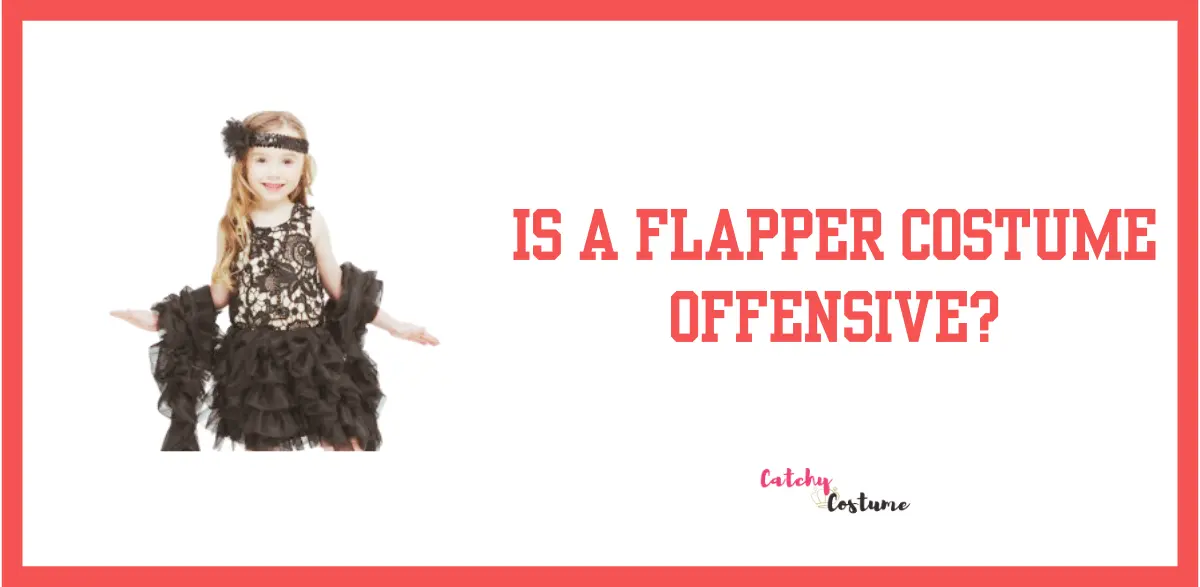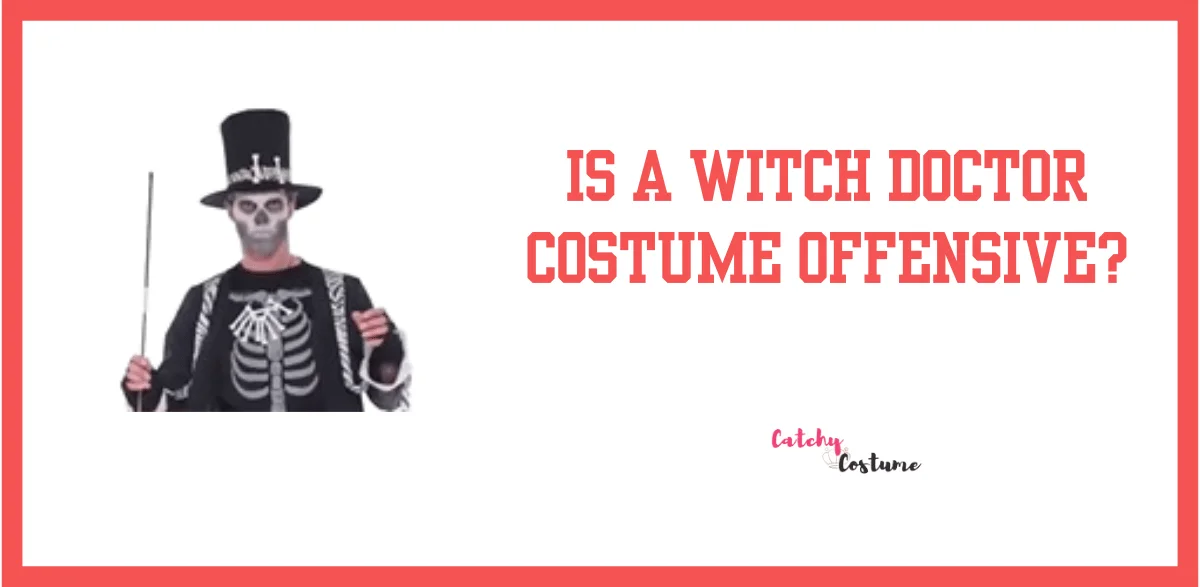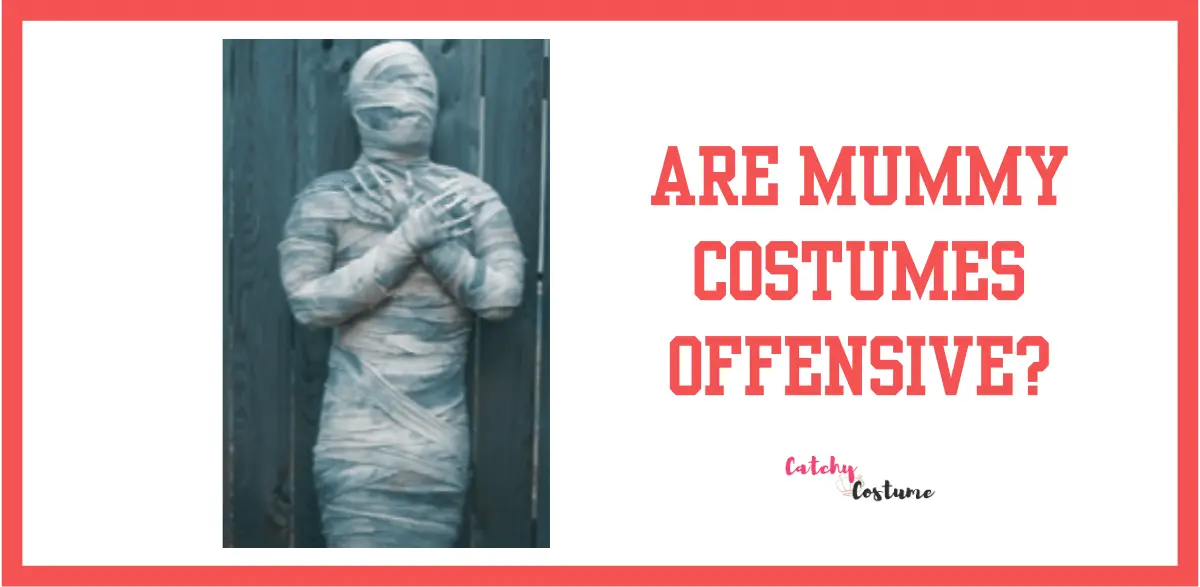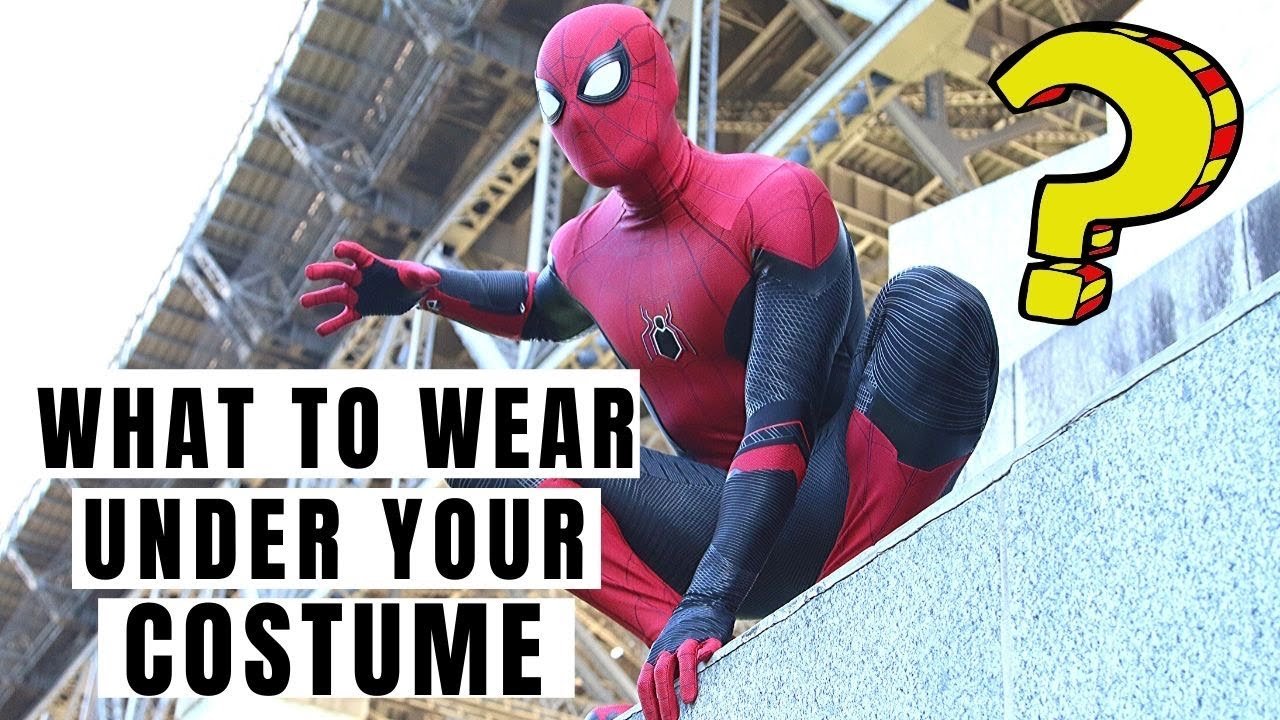Is a flapper costume offensive? It’s a question that has sparked discussions and debates in recent times as societal perspectives continue to evolve.
No, a flapper costume is not inherently offensive. Flapper costumes are replicas of 1920s fashion and are often worn for nostalgic or celebratory purposes.
In this blog post, we’ll delve into the controversy surrounding flapper costumes, aiming to provide insights and foster a thoughtful conversation on the subject.

The History And Significance Of Flapper Fashion
As we navigate the complex landscape of cultural sensitivity and historical awareness, it’s essential to understand the various viewpoints surrounding the flapper costume.
At first glance, the allure and glamour of the Roaring Twenties can be captivating, with the iconic image of the liberated and fashionable flapper taking center stage.
However, the question of whether wearing a flapper costume is offensive brings to light deeper considerations.
Flapper costumes have been a topic of debate regarding their offensiveness. Flapper fashion emerged in the 1920s, popularized by the rise of the flapper culture.
The term “flapper” itself refers to a generation of young women who embraced a liberated lifestyle in the 1920s. They were known for their bold fashion choices. While some argue that donning a flapper costume is a form of homage to this era, others contend that it may inadvertently perpetuate stereotypes or trivialize the struggles of that time.
Flappers were seen as independent, confident, and rebellious. However, some argue that certain elements of flapper fashion, such as imitating Native American or Asian styles, can be offensive and perpetuate harmful stereotypes.
It is important to approach the topic with sensitivity and consider the historical and cultural context when evaluating the offensiveness of flapper costumes.
Understanding the history and significance of flapper fashion can help foster a respectful conversation about this issue.
The Evolution Of Cultural Sensitivity
Cultural sensitivity is an ever-evolving concept that has a significant impact on the way we perceive and approach certain aspects of our society.
One area where this sensitivity is particularly relevant is in the realm of costumes, especially when it comes to historical themes like flapper costumes.
With shifting societal norms and values, it becomes crucial to examine the potential offensiveness of such costumes.
Cultural appropriation is a concern that arises, as it can perpetuate stereotypes and belittle the historical contexts they represent. Sensitivities associated with these contexts cannot be overlooked, considering the potential harm caused by trivializing or misrepresenting cultural symbols.
As we navigate through the complexities of this issue, it becomes essential to prioritize respect and understanding, ensuring that costumes and their portrayal uphold the principles of cultural sensitivity.
Contextualizing Offense In Costume Choices
When considering costume choices, it is essential to contextualize offense. One must identify potentially offensive costumes by evaluating the impact of stereotypes and misrepresentation.
Cultural respect plays a vital role in understanding the importance of avoiding offensive attire. Being aware of the consequences of such choices is necessary to promote inclusivity, respect, and empathy.
Frequently Asked Questions Of Is A Flapper Costume Offensive
Can wearing a flapper costume be considered offensive?
Delving into the debate surrounding flapper costumes requires an understanding of differing perspectives. While some view it as a playful homage to a bygone era, others argue that it might perpetuate stereotypes or trivialize historical struggles. The key lies in acknowledging the potential sensitivities and considering the context in which the costume is worn.
What is the historical significance of flapper costumes?
Flapper costumes originated in the 1920s, symbolizing a generation of young, liberated women who embraced new societal norms. The attire, characterized by short skirts and distinctive accessories, reflected the spirit of the Roaring Twenties. When considering the offensiveness of flapper costumes, understanding this historical context becomes crucial.
How can one wear a flapper costume respectfully?
Respecting the historical and cultural context is essential when donning a flapper costume. Those who choose to embrace this iconic style should do so with a genuine appreciation for the era’s history, avoiding any actions that may be perceived as trivializing or disrespectful. Context, intent, and awareness play pivotal roles in navigating the fine line between homage and insensitivity.
Are concerns about cultural appropriation valid when it comes to flapper costumes?
The question of cultural appropriation hinges on the intent behind wearing a flapper costume. While some argue that it pays tribute to a specific historical period, others raise valid concerns about potential insensitivity. Engaging in open conversations about cultural appropriation helps foster a deeper understanding of differing viewpoints on this complex issue.
How can we encourage a respectful dialogue about the offensiveness of flapper costumes?
Promoting open dialogue is crucial in addressing the nuances of the debate. Encouraging conversations that consider diverse perspectives, historical sensitivities, and individual intentions can contribute to a more informed and inclusive discourse. By fostering understanding and empathy, we pave the way for a respectful exchange of ideas on whether or not a flapper costume is offensive.
My Last Thoughts
To determine whether a flapper costume is offensive, it is important to consider the historical context and cultural appropriation. While flapper costumes may seem like harmless fun, they can unintentionally perpetuate stereotypical images and disrespect the significance of the flapper movement in the 1920s.
It is crucial to be mindful of the implications and potential harm that can be caused by trivializing a meaningful time in history. Instead of celebrating the spirit of the flapper era through costumes, we can find alternative ways to appreciate and learn from the past.
By educating ourselves about the history and significance of the flapper movement, we can promote understanding and respect for different cultures and avoid perpetuating harmful stereotypes. Let us choose to be thoughtful and respectful in our choices, recognizing the importance of cultural sensitivity and empathy.




